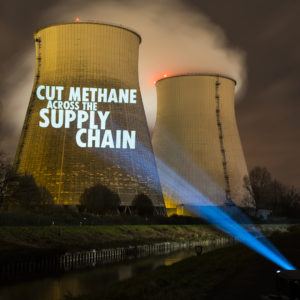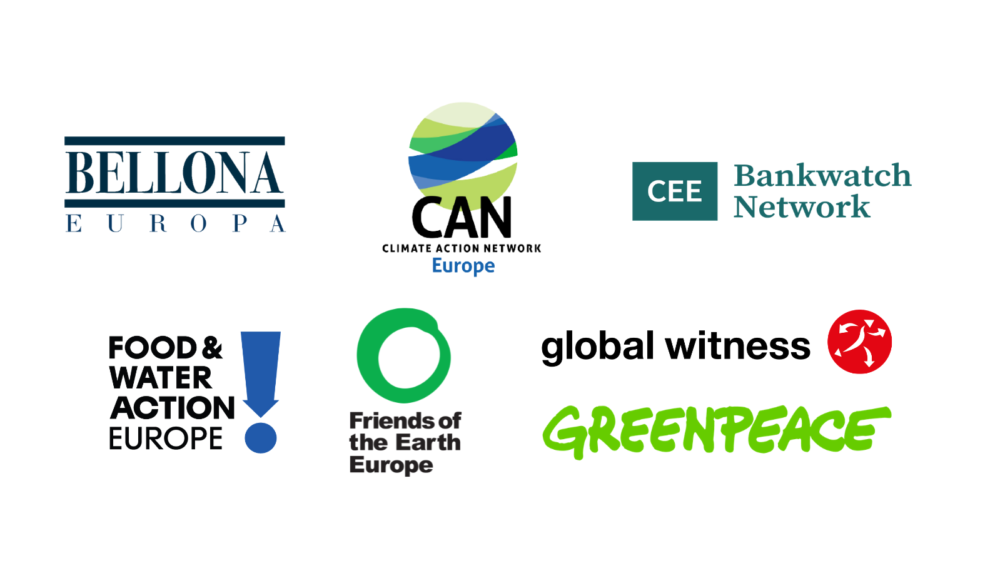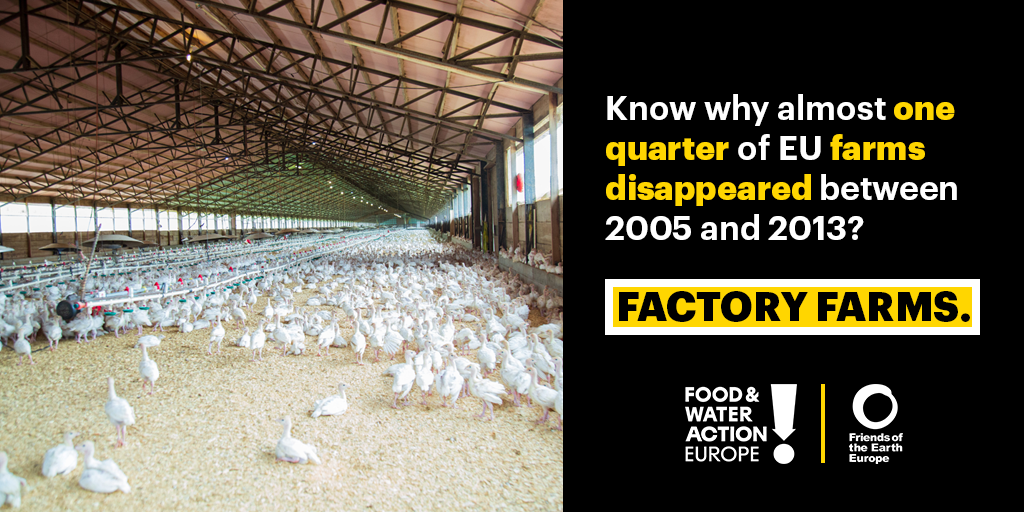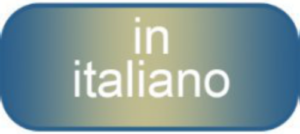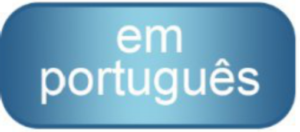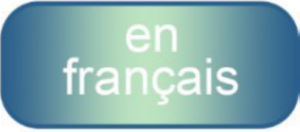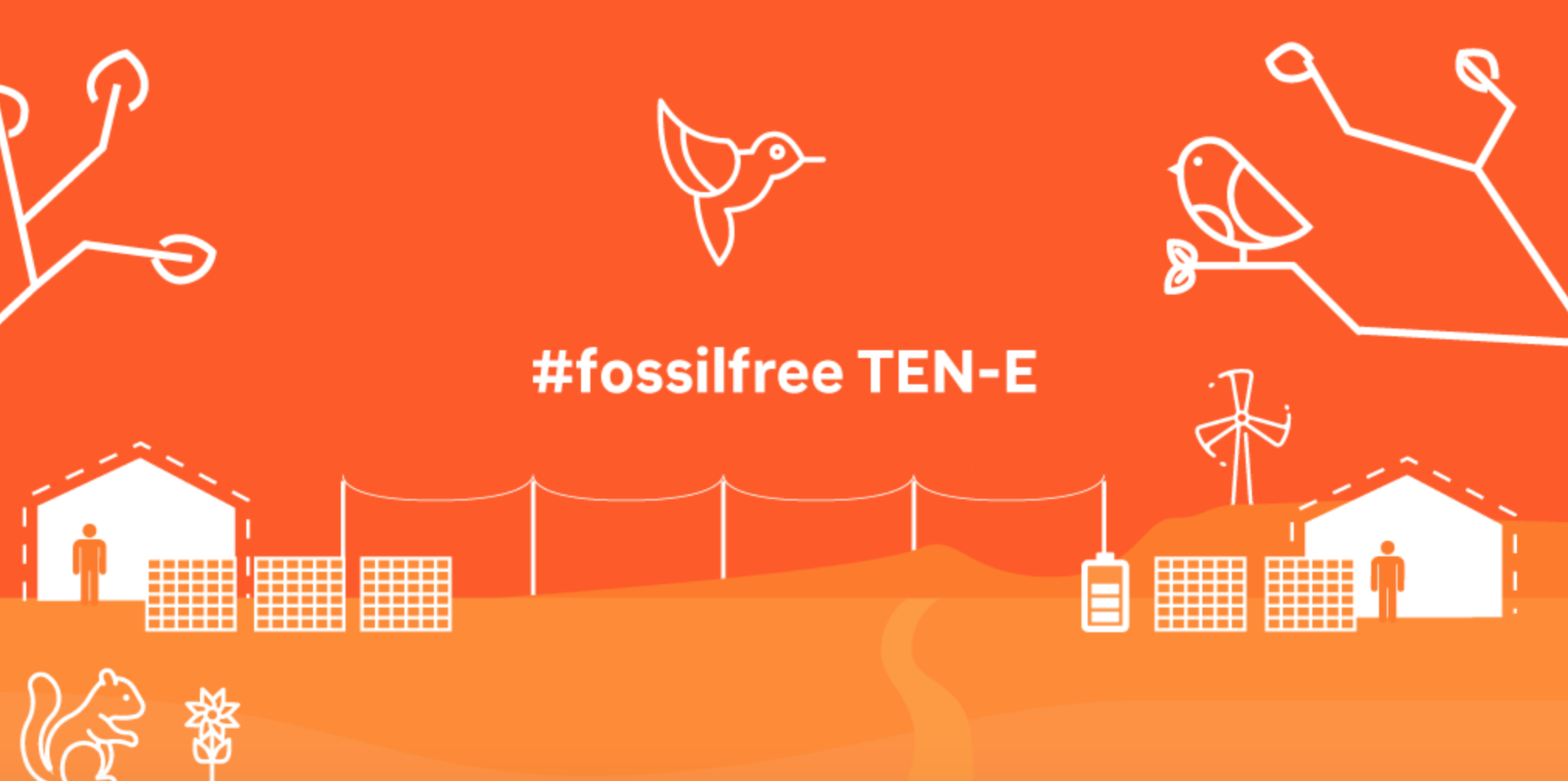BRUSSELS: Methane emissions resulting from the petrochemical industry’s extraction and production of coal, gas and oil are responsible for 25 per cent of overall global warming – but a new Methane Regulation unveiled today by the European Commission is a half-hearted step back from EU climate goals.
Campaigners from the London-based Environmental Investigation Agency (EIA), Brussels- based Food & Water Action Europe (FWAE) and Berlin-based Deutsche Umwelthilfe (DUH) warned the Regulation is letting fossil fuel imports off the hook.
Methane emissions are 86 times more potent than carbon dioxide and tackling the energy sector has been identified as the most cost effective way of reducing them.
The Commission’s Regulation puts in place a framework with obligations on measurement, reporting and verification (MRV), leak detection and repair (LDAR) and a ban on routine venting and flaring (BRVF) of gases, which are the three main pillars of effective methane emissions mitigation.
Despite numerous calls from European policymakers and recommendations from leading NGOs, the Regulation lacks a key element – extending the framework to all oil, gas and coal consumed in the EU, imports included, and to the petrochemical sector.
The EU imports more than 80 per cent of the fossil gas, 90 per cent of the crude oil and 40 per cent of the coal it consumes, long after methane has been emitted outside EU borders.
EIA Climate Campaigner Kim O’Dowd said: “The Commission is hiding behind excuses. With this regulation, the EU will continue to drive global methane emissions in other countries, turning a blind eye to its role.
“In the context of the Global Methane Pledge to take action on these emissions –launched and adopted by the US, EU and others at the UN CoP26 climate change summit in November – the EU should be irreproachable, but this proposal sends completely the wrong message, effectively saying it’s okay for the EU and other countries to pledge and pontificate at the podium and then dally and dither at home.”
Any methane reduction initiative not linked to a phase-out of fossil fuels falls dangerously short of the necessary climate action. In October, MEPs asked, in a resolution on the EU strategy to reduce methane emissions, to phase-out all fossil fuels as soon as possible, but today’s proposal ignores the Parliament’s position.
As a major importer of fossil gas and oil, the EU must work on cutting methane emissions along the whole supply chain and, in the meantime, implement phase-out plans to get rid of oil, fossil gas and coal.
There is no way the EU can cut methane emissions fast enough and promote a sustainable energy transition while still investing in climate-harming fossil fuels.
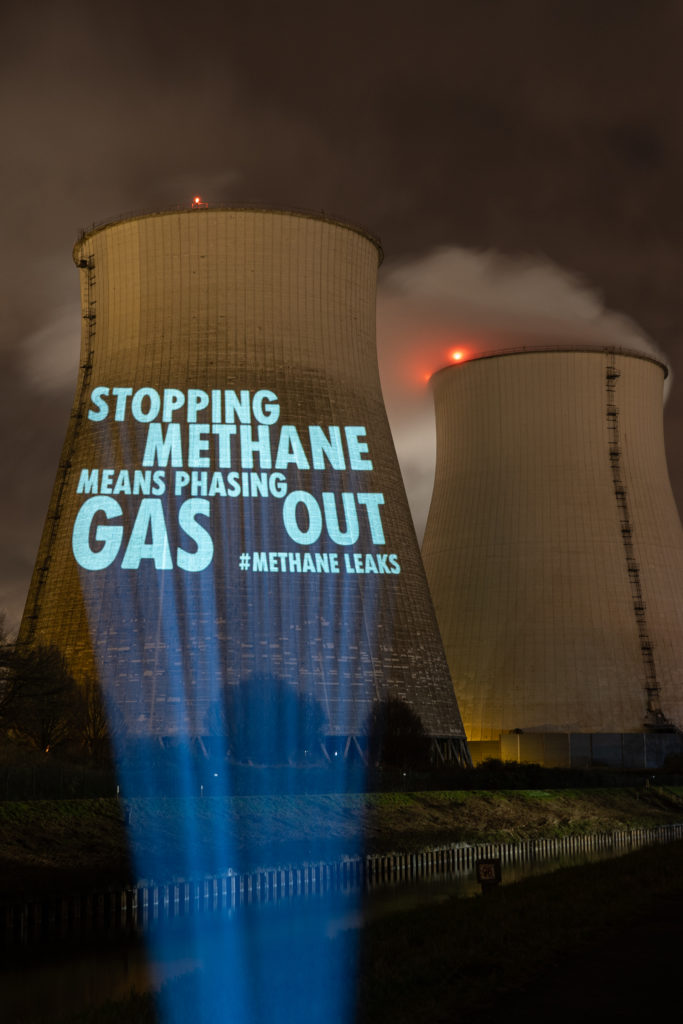
Fossil gas consists almost entirely of methane, pollutes air and water with numerous hazardous substances and contributes to environmental destruction on top of inherently leading to methane emissions. While cutting methane emissions is important to reduce the climate impact of fossil fuels, it risks being used to support false sustainability claims by the oil and gas companies.
Food & Water Action Europe Campaigner Enrico Donda said: “Fossil gas, even with reduced methane emissions, is neither clean nor a ‘bridge fuel’ and the Commission proposal fails to make this clear. All gas infrastructure is prone to leaks and a serious methane law should stop the development of new fossil gas infrastructure such as pipelines and LNG (Liquified Natural Gas) terminals, used to reception and unload gas from the cargo shipped mainly from the US, Qatar and Russia”.
The European Parliament must now protect the ambition it showed in its own initiative report on the Methane Strategy, which called for extending the framework across the supply chain and to the petrochemical sector.
Members of the European Parliament and the Council of the European Union now have the opportunity to improve the proposal.
Pictures. Monday 13 Dec, local anti-gas activists TegenGas and the Gastivists Collective projected slogans and infrared images of methane leakage from around Europe to criticize the lack of ambition in EU methane Regulation. More high-quality images here: https://www.flickr.com/photos/192587475@N02/albums/72157720207985773
CONTACTS FOR MEDIA
- Tim Grabiel, EIA Senior Lawyer, timgrabiel[at]eia-international.org
- Enrico Donda, FWAE Gas Campaigner, edonda[at]fweurope.org
- Paul Newman, EIA Senior Press & Communications Officer, press[at]eia-international.org
- Neal Huddon-Cossar, [email protected], +39 345 44 70 749
EDITORS’ NOTES
- The Environmental Investigation Agency (EIA) investigates and campaigns against environmental crime and abuses. Our undercover investigations expose transnational wildlife crime, with a focus on elephants, pangolins and tigers, and forest crimes such as illegal logging and deforestation for cash crops such as palm oil; we work to safeguard global marine ecosystems by tackling plastic pollution, exposing illegal fishing and seeking an end to all whaling; and we address the threat of global warming by campaigning to curtail powerful refrigerant greenhouse gases and exposing related criminal trade.
- Food & Water Action Europe (FWAE) is the European programme of Food & Water Watch, a non-profit organisation based in the US. FWAE works to create a healthy future for generations to come – a world where all people have the resources they need, including wholesome food, clean water and sustainable energy. We campaign for a 100 per cent sustainable energy transition, this implies ending EU and national fossil fuels subsidies and drastically cutting GHG emissions. This requires organising people from all over the world to engaging in a large movement with the political power to make our democratic process work for us all.
- Environmental Action Germany (Deutsche Umwelthilfe e.V.- DUH) was founded in 1975. The organisation is politically independent, recognised as a non-profit organisation, entitled to bring legal action and it campaigns mainly on a national and European level. Environmental Action Germany supports all sustainable ways of life and economic systems that respect ecological boundaries. At the same time, the organisation fights for the preservation of biological diversity and the protection of natural assets as well as for climate protection. DUH is convinced that only energy supplies based on efficiency and regenerative energies, sustainable mobility, the respectful handling of our natural resources and the avoidance of waste will secure life on our planet.



